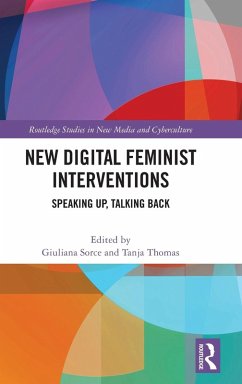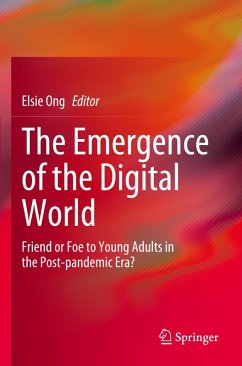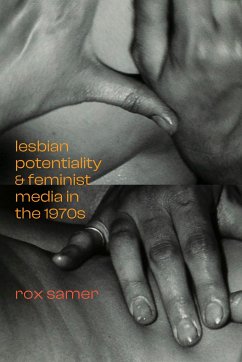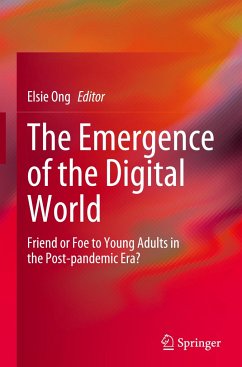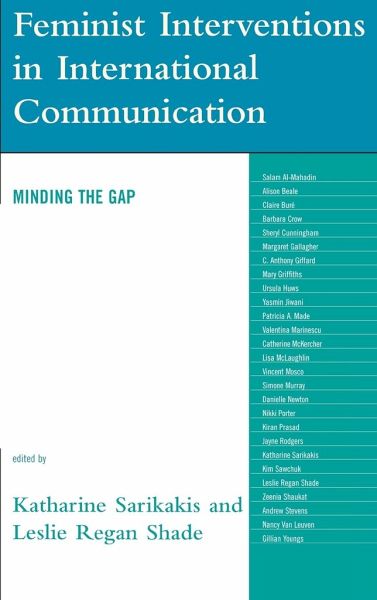
Feminist Interventions in International Communication
Minding the Gap
Herausgeber: Sarikakis, Katharine; Shade, Leslie Regan

PAYBACK Punkte
73 °P sammeln!
This cutting-edge work critiques today's global mediascape through feminist perspectives, highlighting concerns of policy, power, labor, and technology. Starting with the state of international communications, a top-notch author group covers cases on online news, pornography, democracy, policies for women's development, violence against women, information workers, print media, 'telecentres,' media coverage of HIV/AIDS, and more. This essential book provides fresh feminist insights into international communication, showing the important strides taken toward women's justice in these areas and ho...
This cutting-edge work critiques today's global mediascape through feminist perspectives, highlighting concerns of policy, power, labor, and technology. Starting with the state of international communications, a top-notch author group covers cases on online news, pornography, democracy, policies for women's development, violence against women, information workers, print media, 'telecentres,' media coverage of HIV/AIDS, and more. This essential book provides fresh feminist insights into international communication, showing the important strides taken toward women's justice in these areas and how far there is yet to go.





